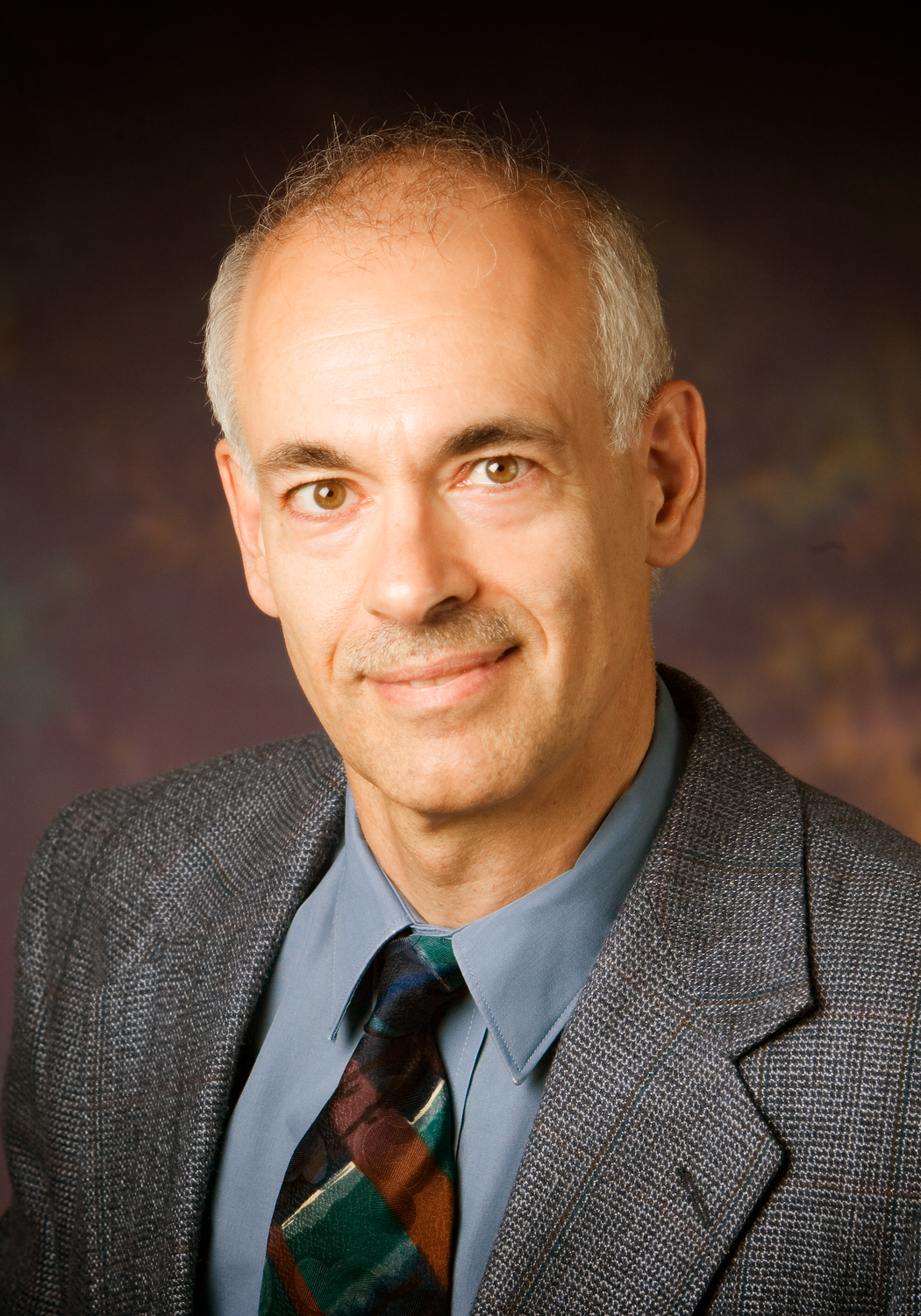University of Illinois,
Department of Electrical and Computer Engineering,
Urbana, Illinois, USA, 61801
lyding@illinois.edu
Bio:

Joe Lyding is a Professor of Electrical and Computer Engineering at the University of Illinois in Urbana-Champaign. He received his PhD in Electrical Engineering from Northwestern University in 1983. He joined the Illinois faculty to work with Nobel laureate John Bardeen on the 1D charge-density wave problem. During that time, he developed the first scanning tunneling microscope in the Midwestern United States, with which he developed the atomic resolution hydrogen resist process for patterning silicon surfaces. In these experiments he also discovered the giant deuterium isotope effect that is now being used in large-scale chip production to reduce hot-carrier degradation in CMOS technology. Recently, he has developed a method to improve the performance of carbon nanotube transistors and he invented a technology for producing ultra-sharp hard-coated electrically conductive probes for scanned probe microscopy that is now being commercialized. Lyding is a Fellow of the IEEE, APS, AVS and AAAS. He received the 2012 IEEE Pioneer in Nanotechnology Award, the 2013 AVS Nanotechnology Recognition Award, the 2013 Research Excellence Award from the Nano/Bio Interface Center at the University of Pennsylvania, the 2014 AVS Prairie Chapter Award for Outstanding Research, and the 2014 Foresight Institute Feynman Prize in Nanotechnology (Experimental).

